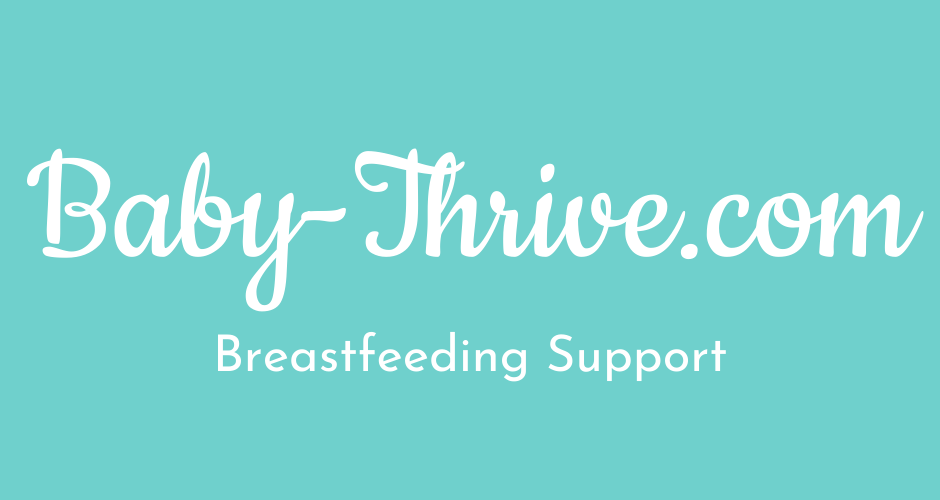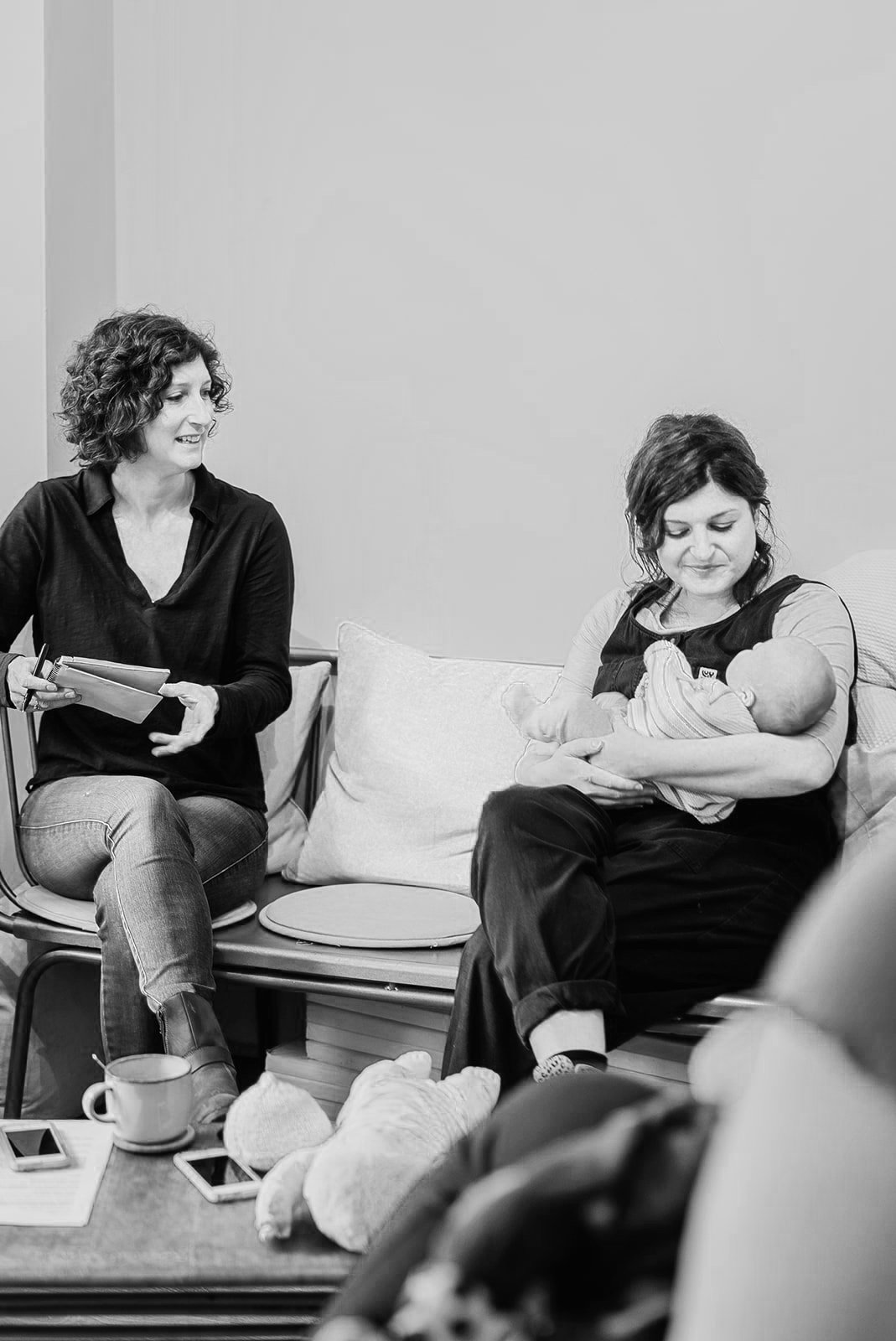What to expect from a Lactation Consultant home visit
You might be wondering if booking a home visit is right for you?
Is it worth it?
How long does it take?
What does a lactation consultant do?
What does a lactation consultant do?
-In advance-
Usually I have chatted with a family when booking the visit so we’ll have decided a time that suits. Sometimes when families live very close to me we can even flex the time by half an hour to suit when the baby is sleeping or hungry.
I also don’t commit to exact times, as I’m sometimes coming from another visit. I find my customers don’t mind as they rarely have other plans!
I ask clients to complete a booking form in advance so that I have the information and permissions I need in advance.
Partly this is just baby’s date of birth, birth weight etc but also some medical history and permissions.
-I arrive-
I arrive masked, covid guidelines are changing fast but it actually feels wrong not to now, especially when visiting vulnerable newborns.
-Firstly-
I’ll wash hands using a clean or paper towel, I promise I'm not checking out the dirty dishes in your sink!
-Next-
There are several different things which happened during a home visit, but in no particular order. Observing feeding is often the most essential part of the visit, so I allow plenty of time and flex the order of play depending upon your baby.
I ask families to show me their child’s Red book where I can look at centiles & weights.
Often we Weigh the baby baby, this is or not always necessary depending on age or depending if the baby has recently been weighed, but any time we are trying to reduce formula top ups or make big changes it’s important to keep a close eye on the babies weight, and adjust the plan accordingly if necessary. Many families find it quite challenging to get their baby weighed by the health visitor at the moment.
Many appointments include tongue tie assessment. I have another blog about this here . For this reason I ask parents to provide me with a clean muslin, which I can lay across my lap when examining their baby. I bring with me disposable medical gloves for this purpose.
I’ll be looking at and feeling the babies oral function as a whole, not just checking under the tongue.
During this examination I also assess the tensions and shape if the spine & jaw, looking for asymmetry or tension.
Observe a feed (or several sometimes),
There is so much to be learned from watching a baby feed, trying to assess milk transfer by noting the suck-swallow ration and throat movements Looking at the shapes of their cheeks lips and jaw, how relaxed are they? Are they dimpled or rounded? Is the baby feeling stale or are their feet flailing about?
Take a full history-you’d be surprised what’s relevant.
Especially if there are any problems with weight gain or milk supply speaking with the mother about her own history including thyroid, polycystic ovary syndrome, how easy it was for her to conceive et cetera. These are all valuable clues as to what could be causes. Sometimes I will support a mother to ask her GP to investigate further, sharing resources for her to discuss with the family doctor.
It’s also very helpful to speak about the birth and the first days after birth. Sometimes a long labour or a fast labour, a difficult birth or Caesarean section can all affect the breastfeeding experience.
I do my best to find the causes of breastfeeding problems and give you steps to improve things going forward. Some problems do take time and improvements are not always linear. If there is something I cannot answer I will research evidence after our consultation and ask relevant colleagues sometimes referring families on to tongue tie clinic or osteopath, but always keeping in touch .
-After-
Behind the scenes, after a home visit there is paperwork to complete. , It's commonly said that while a breastfeeding supporter is present a family can achieve a more comfortable latch, but once they leave, the family struggle to remember what was said or to get the same experience independently. For this reason I share with every family including diagrams, blogs references and short films of what worked. I always try to back up my suggestions with evidenced resources.
Follow up is included with every home visit, it’s important for my learning as well as my clients experience! Clients can message or email me with any queries, I will often ask them for updates such as “How was your community midwife appointment”? or “What was the weight gain the week after I saw you”?
I run a free, busy, weekly breastfeeding cafe locally. This provides me with such an excellent opportunity to keep in touch with my clients long-term.
If you have any questions regarding anything mentioned in this post, please feel free to get in touch.

